Tensions between Greece and Turkey flare up
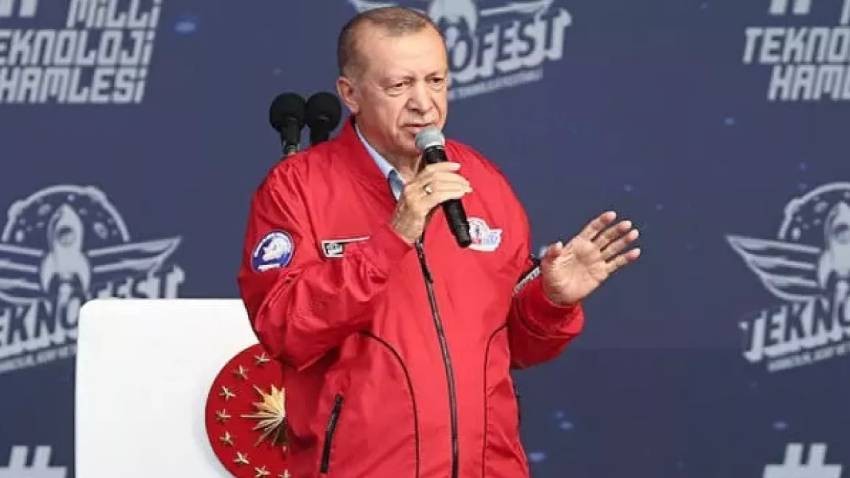
Turkey’s President Recep Erdogan called on Greece to stop militarizing Greek islands near Turkey warning that Turkish military forces could come “at night”. Greek Minister of Foreign Affairs Nikos Dendias sent letters to NATO’s Secretary General Jens Stoltenberg, the EU High Representative for Foreign Affairs and Security Policy Josep Borrell and the UN institutions, complaining about President Erdogan’s aggressive statements and asking them to condemn Ankara’s actions. Washington described Erdogan’s warnings as “unhelpful”, stressing that Greece’s sovereignty over the Aegean islands “is not called into question”. Washington continues to encourage NATO allies to continue to cooperate to maintain peace and security in the region, and to resolve differences diplomatically, the State Department said. French Foreign Minister Catherine Colonna, during a visit to Athens earlier this week, expressed her country’s concern over the growing tensions between Greece and Turkey. The Czech Republic, which holds the EU rotating Presidency, has condemned recent remarks by Turkish President Recep Erdogan against Greece as “unacceptable”.
Klaus Iohannis: Romania respects the rights of all ethnic minorities
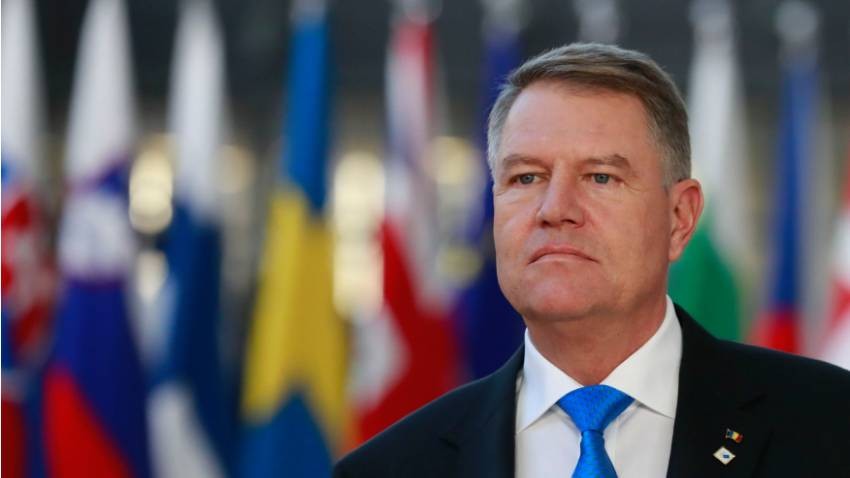
Romania respects the rights of all ethnic minorities, the country’s President Klaus Iohannis said after the meeting with Hungary’s head of state Katalin Novak in Bucharest, DIGI24 reported. “On the other hand, there are politicians, both here and in Hungary, who want to assert themselves by exacerbating inter-ethnic tensions”, President Iohannis, who is Transylvanian Saxon, said further. Romania’s head of state reminded that ethnic minorities are represented in Parliament, even if they do not get the sufficient number of votes needed for a seat. For her part, Katalin Novak has assured that Hungary supports Romania’s bid to join the Schengen Area.
Balkan countries face milk shortages
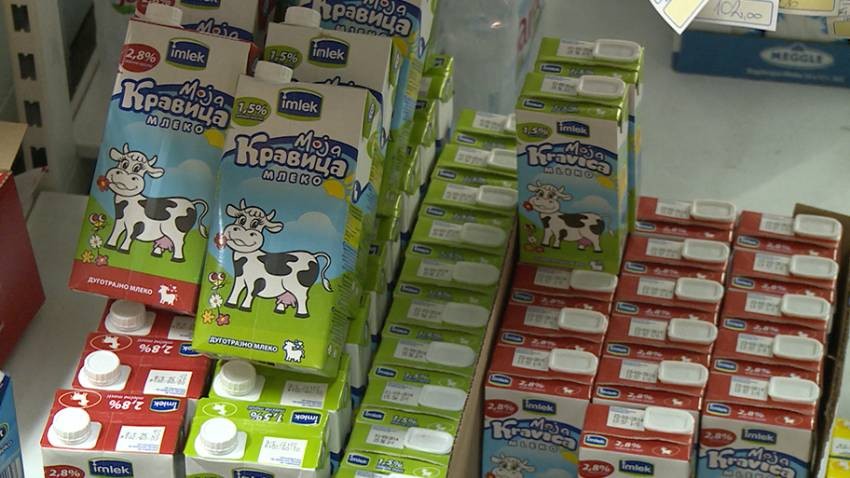
Serbia’s government introduced a ban on the exports of fresh milk and certain dairy products until September 30, because of milk shortages in large retail chains, Politika newspaper reported. The Serbian government set this week a new maximum retail price of milk. According to producers, this is due to the shortage of milk, lower production and increased consumption. Milk shortages are also expected in Montenegro, because Serbia is the biggest exporter of milk to this country, Vijesti newspaper wrote. In Bosnia and Herzegovina, milk production has dwindled to 12.5 million tons in 2022. The average milk price in the region is 40 Eurocents per litre, while its real value is EUR 1.50 per liter, producers warn. In Greece, the dairy market has shrunk by 15% in half a year, BGNES reported. According to farmers, there will be milk and meat shortages because of the rising prices of fodder.
Slovenia’s Foreign Ministry summons Serbian Ambassador over Vucic’s statements
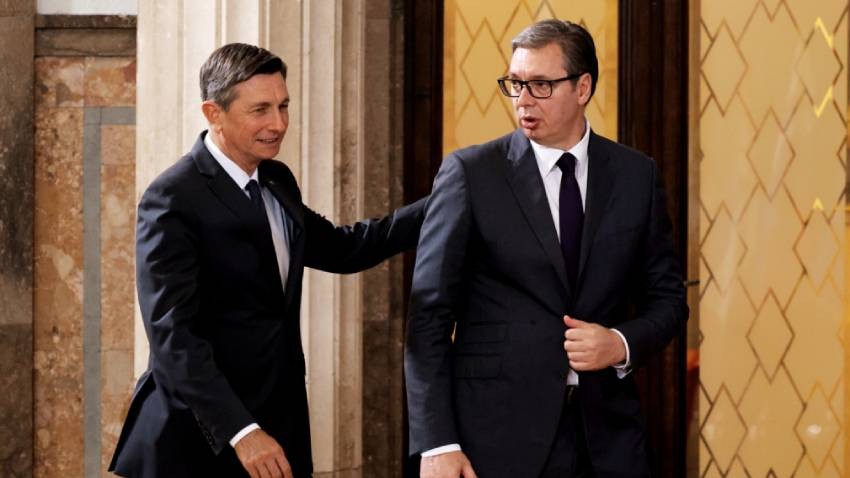
The Slovenian Ministry of Foreign Affairs summoned Serbia’s Ambassador to Slovenia, Zorana Vlatkovic, over Serbian President Aleksandar Vucic’s statements made during Slovenian President Borut Pahor’s recent visit to Belgrade. When asked by a reported why Serbia has not imposed sanctions on Russia, President Vucic replied with a counter-question: “How should I explain to our citizens that we are introducing sanctions against Russia, which has not violated our territorial integrity, but not against Slovenia, which did”, said Vucic in reference to Slovenia having recognized Kosovo’s independence. The Foreign Ministry in Ljubljana expressed hope that Serbia will not problematize Slovenia’s position on Kosovo, because Slovenia’s support for Kosovo is not directed against Serbia. Slovenia’s Foreign Ministry reiterated the country’s determined opposition against equating its recognition of Kosovo with the Russian aggression in Ukraine, EURACTIV reported.
Albania severs diplomatic relations with Iran
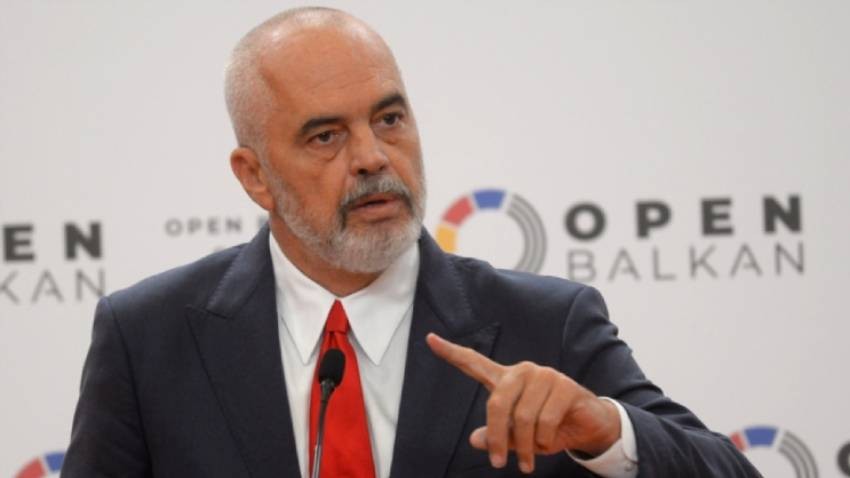
Albania’s government has decided with immediate effect to sever diplomatic relations with the Islamic Republic of Iran, Premier Edi Rama said. He accused Iran of directing a cyberattack against Albanian institutions on July 15 in a bid to “paralyze public services and hack data and communications from the government systems”. Albania and Iran have been bitter foes for years, because in 2013 Tirana hosted the Iranian opposition group the People’s Mujahedeen Organization of Iran, also known as Mujahedin-e-Khalq (MEK) on its soil, Reuters reported. Days after the cyberattack Tirana based media have reported that hackers have published personal data of the opposition members that were saved in Albania’s state computers.
Compiled by: Ivo Ivanov
English version: Kostadin Atanasov
Photos: haber7.com, rs.n1info.com, rferl.org, nova24tv.euBulgaria celebrates National Reading Day on the third Friday of November. The Reading Foundation is leading the initiative under the motto: “Read. For Real”. According to the OECD's PISA 2022 study, 53% of 15-year-old students in Bulgaria have..
On November 21–22, 2025, the 11th edition of the Career Fair will take place at the John Atanasov Hall in Sofia Tech Park. The forum aims to support early career orientation for young people in Bulgaria and is organized by the Bulgarian Global..
From fear and doubts to joy and support – Bulgarians react differently to the upcoming introduction of the euro on January 1, 2026. For some, it is a logical step towards Bulgaria’s integration into the EU with promises of stability..

+359 2 9336 661
